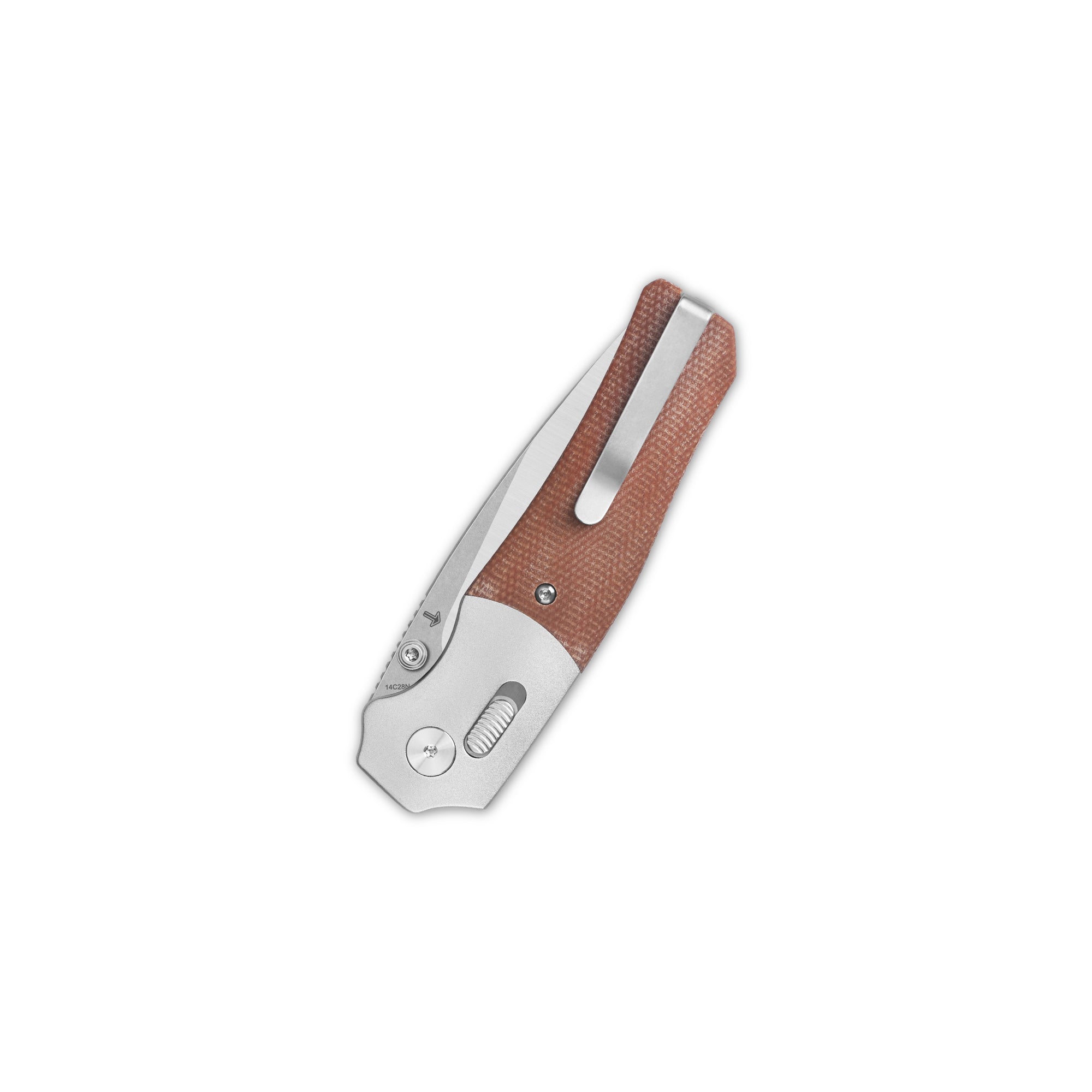The Evolution of Folding Knives: From Ancient Tools to Modern Marvels
Body
The folding knife has a rich history that spans centuries, evolving from simple tools used by our ancestors to sophisticated instruments that combine functionality with artistry. This article delves into the fascinating journey of the folding knife, highlighting its significance in various cultures and its modern applications.

Historical Significance of Folding Knives
Folding knives have been utilized since ancient times, with evidence suggesting their existence as far back as 500 B.C. in Greece. These early versions were primarily crafted from bronze and featured a rudimentary folding mechanism. But what drove the innovation of the folding knife? The need for portability and safety played a crucial role. As people began to travel and trade, the demand for compact tools that could easily fit in pockets or bags became evident.
Design Evolution of the Folding Knife
Over the centuries, the design of the folding knife has undergone significant transformations. Early designs were often utilitarian, focusing on functionality. However, as craftsmanship advanced, folding knives began to showcase intricate designs and materials. Today, modern folding knives are made from high-quality stainless steel, titanium, and even carbon fiber, offering durability and aesthetic appeal.
- Materials: Modern folding knives utilize advanced materials such as stainless steel and titanium.
- Mechanisms: Innovations like the liner lock and frame lock have improved safety and ease of use.
- Designs: Contemporary folding knives often feature ergonomic handles and customizable options.
Functionality and Versatility
What makes the folding knife a favorite among outdoor enthusiasts, collectors, and everyday users? Its versatility is unmatched. Whether used for camping, fishing, or everyday tasks, the folding knife adapts to various needs. Additionally, many modern folding knives come equipped with multiple tools, such as screwdrivers and bottle openers, enhancing their utility.
Choosing the Right Folding Knife
When selecting a folding knife, consider the following factors:
- Blade Material: Look for high-quality steel that offers a good balance between sharpness and durability.
- Locking Mechanism: Ensure the knife has a reliable locking mechanism for safety during use.
- Size and Weight: Choose a knife that fits comfortably in your hand and is easy to carry.
For those interested in exploring a variety of folding knives, check out this collection of  . This selection showcases the latest designs and innovations in the world of folding knives.
. This selection showcases the latest designs and innovations in the world of folding knives.
The Future of Folding Knives
As technology continues to advance, the future of the folding knife looks promising. Innovations in materials and design will likely lead to even more efficient and aesthetically pleasing options. Whether for practical use or as a collector's item, the folding knife remains a timeless tool that bridges the gap between history and modernity.
In conclusion, the evolution of the folding knife reflects humanity's ingenuity and adaptability. From ancient tools to modern marvels, these knives serve as a testament to our ongoing quest for innovation and practicality.









Comments